Britain & Ireland
The Tudors continue to fascinate and some of their story is told here along with the other dynasty of the period the Stuarts. Alongside those resources are the podcasts on the ideas that transformed British society during that period and created a United Kingdom for the first time. The industrial revolution is explored through poetry as well as technology. Religious collapse, change and diversity are all themes explored in this section. Read more
Sort by:
Date (Newest first) | Title A-Z
Show:
All |
Articles |
Podcasts |
Multipage Articles
-
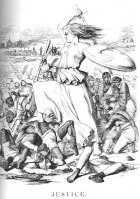
Cartoons and the historian
ArticleClick to view -
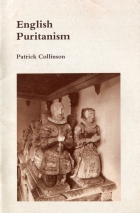
English Puritanism
ArticleClick to view -
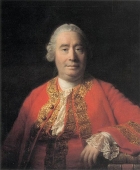
The Scottish Enlightenment
ArticleClick to view -
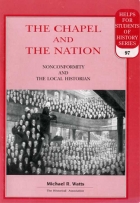
The Chapel and the Nation
ArticleClick to view -
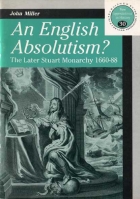
An English Absolutism?
ArticleClick to view -
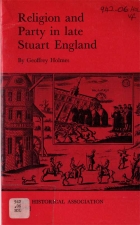
Religion and Party in Late Stuart England
ArticleClick to view -
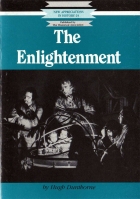
The Enlightenment
ArticleClick to view -
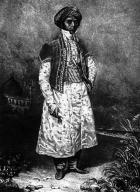
Dean Mahomet: Travel writer, curry entrepreneur and shampooer to the King
ArticleClick to view -
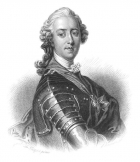
The myths about the 1745 Jacobite revolution
ArticleClick to view -
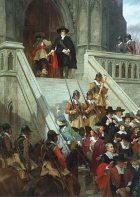
London and the English Civil War
ArticleClick to view -

From tragedy to triumph: The courage of Henrietta, Lady of Luxborough 1699-1756
ArticleClick to view -

The history of bigamy
ArticleClick to view -
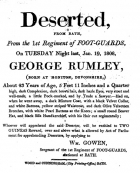
Wellington's Soldiers in the Napoleonic Wars
ArticleClick to view -
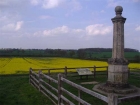
Presenting Naseby
ArticleClick to view -
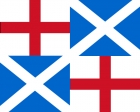
The Creation of the United Kingdom of Great Britain in 1707
ArticleClick to view -

Poetry of the Industrial Revolution in the West Midlands c.1730-1800
ArticleClick to view -

The Slave trade and British Abolition, 1787-1807
ArticleClick to view -

Popular revolt and the rise of early modern states
ArticleClick to view -

A Pirate of Exquisite Mind: The Forgotten William Dampier
ArticleClick to view -

Thomas Muir and the 'Scottish Martyrs' of the 1790s
ArticleClick to view

